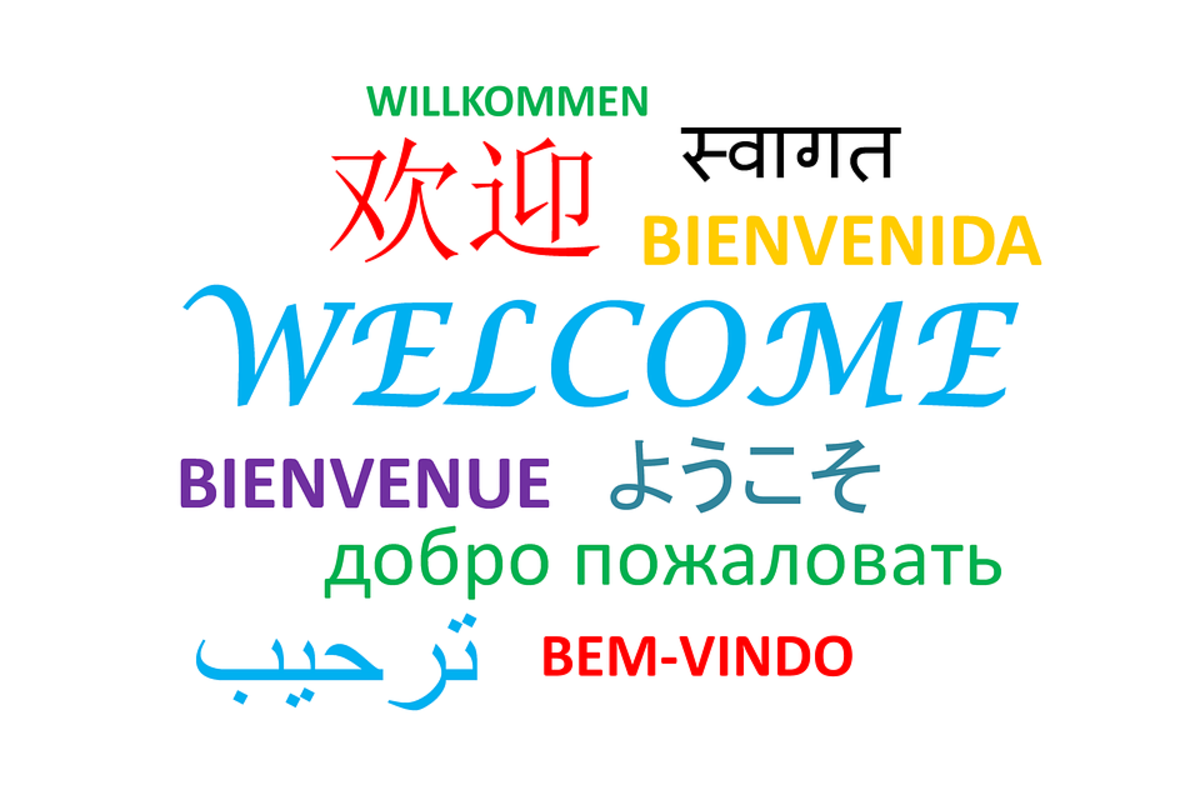Why Learn an obscure Language?

As a Norwegian language teacher for a community program, I often hear "You teach WHAT language?" "Why would someone want to learn THAT?" Many people think that the only languages anyone wants to learn are the big four: English, Spanish, German, and French. American Sign Language is a close fifth here in the U.S. To learn anything else is a waste of time, money, and a good mind, in their way of thinking. My students, of course, disagree. Learning a second language is not a whim, nor is it a waste of time.
So, here are the main reasons why people learn languages other than the ones taught on college campuses:
Spoken or heard as a child
The main reason people learn a less-commonly taught language is ancestry. If their parents spoke the language at home, even a few words of it, they are likely to want to learn it as adults. If their grandparents spoke it, they may remember some but want to learn more. This was the case with my father. Growing up, he heard his mother speak Norwegian with her sisters and brothers, but only English was spoken in the household. He picked up a few words here and there, some songs, and some nursery rhymes, but that was about it. When he got into college, he wanted to learn more about this language, so he asked his mother to teach him a bit. Then he signed up for Norwegian classes, learning enough to take a trip to Norway and hold conversations with the relatives he found there.
Although many families who immigrate to America, historically and now, keep their language for home use, just as many adopt English as their sole language of communication. In doing so, a lot of the culture they came from is lost, because most culture is learned and passed on through language. Thus, the children and grandchildren of immigrants want to regain that culture while still being American.
Communicate with family members or others in the other country
The second most common reason for learning a less-commonly taught language is to communicate with family members or others in the country where it is spoken. A student may be researching their family and needs to know the language to read the archives or historical books, or letters. Family members may write in their language, and the person wants to translate them by him/herself rather than relying on a translator. Someone else may be planning a trip to the country, and another person might want to work in that country.
Many of my students learn the language so that they can read the census records and church books to research their family history. Once they find relatives, they can write letters or e-mails in the people's own language and introduce themselves. Their newfound relatives are quite impressed and overjoyed upon receiving a letter of introduction from a family member in America who has taken the time to write in Norwegian!
Communicate with family members or others in their own country
Sometimes I get students who sign up for the class because their grandparent, parent, or significant other speaks the language and they want to be able to communicate better with them. At the moment, one of my students is married to a Norwegian man and spends every other Christmas in Norway as well as other vacations there. Her husband also works in both Norway and the U.S. He is fluent in English, but sometimes she feels left out when he is describing something and throws in a Norwegian word or phrase that she doesn't know.
Want to learn a "funny" language
Then there are the people who want to learn a new language because they think it sounds funny or they think the country is interesting, but they have no other reason to learn the language. People in this group rarely excel in the language unless they have someone else to practice it with. I always suggest to these students that they sign up for the class in groups of two or three friends, or join in the conversation class that I hold as well, so they can learn on their own. It is hard to learn a language if you can't practice it, if you are not otherwise motivated.
So, if you have an interest in another language, don't let anyone tell you that you shouldn't learn it. Take that next step and sign up for classes or have someone that you know teach you. Learn at your own pace. Find a reason to study, and pick a language and culture you know you will enjoy learning about.









